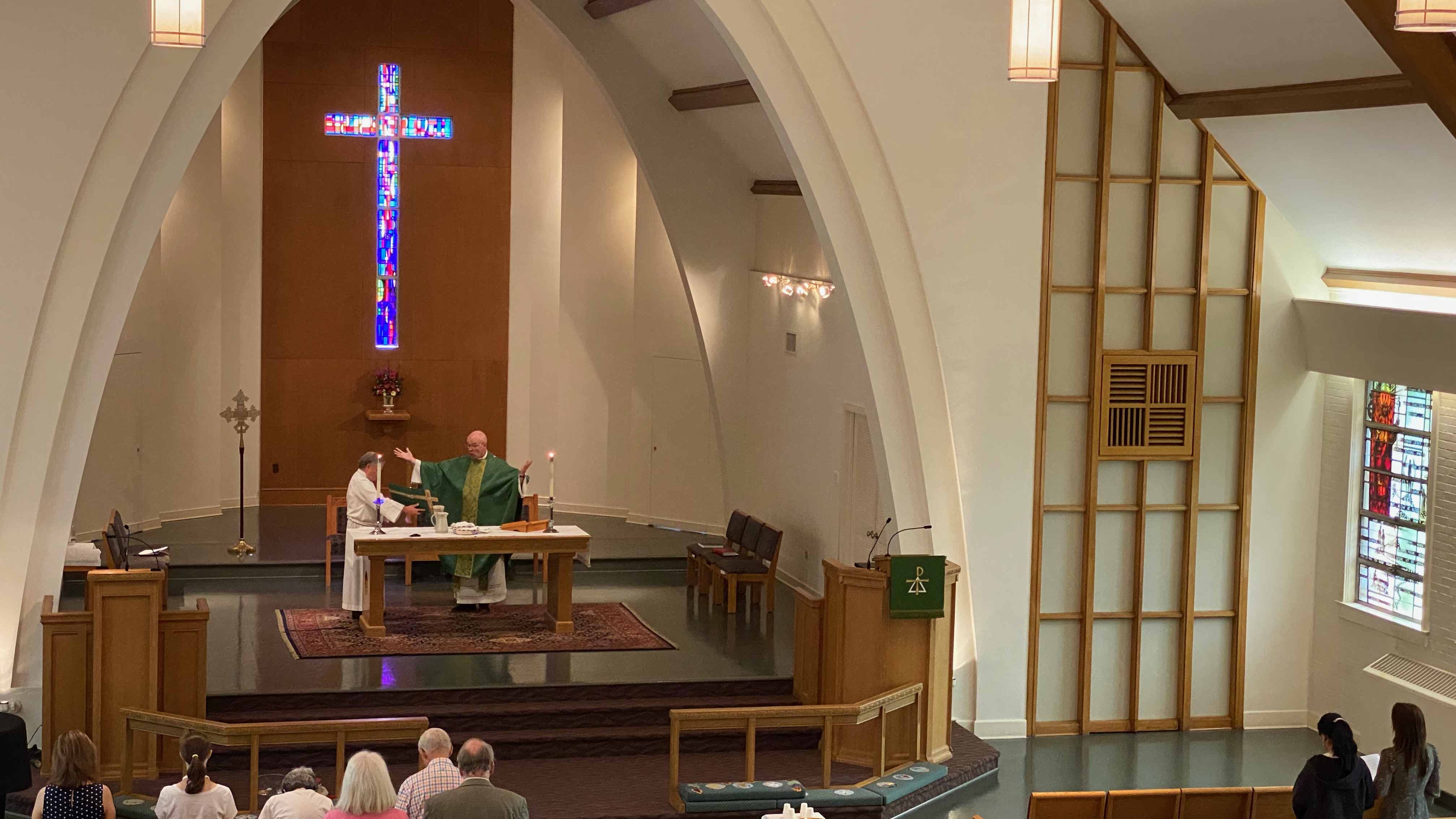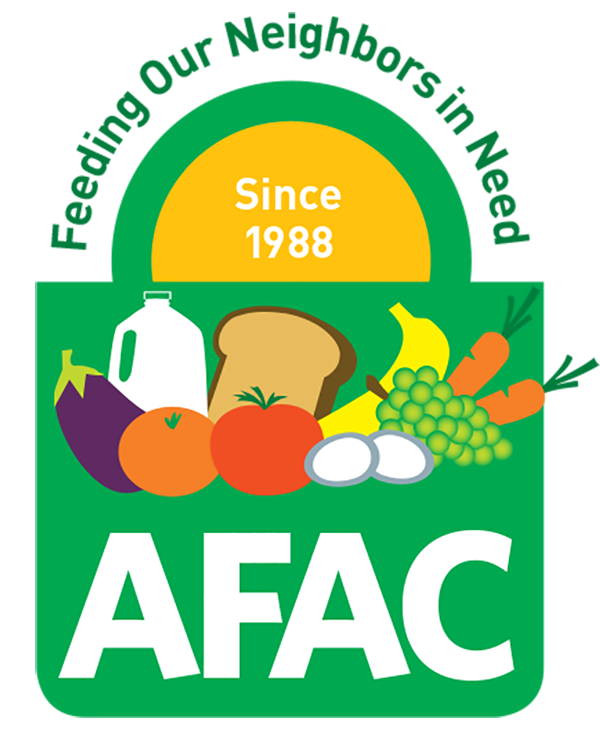Shepherding a gathered community in person is what a pastor does. I cannot currently do what I am essentially called to do, at least not in the manner in which I’ve been formed as a pastor. Truth be told, my days are consistently marked with disquiet that I am unable to exercise pastoral ministry in the ways that I have for over three decades. For you, members of the flock in my care, are scattered about in your own homes. Recall the Parable of the Lost Sheep, where the shepherd leaves the 99 in search of the one lost sheep (cf. Matthew 18:10-14). I want to see a parable about the shepherd for whom the entire flock is scattered!
The author of the letter to the Hebrews writes, “And let us consider how to provoke one another to love and good deeds, not neglecting to meet together, as is the habit of some, but encouraging one another, and all the more as you see the Day approaching.” (Hebrews 10:24-25) How can we seek to respond to this biblical exhortation to meet together when our habit of assembling is precluded by our commitment to serve and to love our vulnerable neighbors by refraining from our in-person gatherings?
It is true that my days are not without acts of shepherding you as a community of faith. Exercising my teaching ministry through these weekly messages is a form of shepherding, as is the weekly sermon, on video and in print. I engage a form of shepherding ministry when I meet on Zoom with congregation committees, the Congregation Council, the Reopening Planning Group, and more. I am pastor, shepherd, to you when I reach out to you via phone, email, and other means. The flock congregates briefly and informally when every two weeks there is the in-gathering outdoors of food items for the hungry poor, and I shepherd you by offering brief, extemporaneous prayers of thanks for your generosity and intercession for those who will receive our gifts – all with our masks on while we are physically distanced from one another.
But none of this can compare with the Sunday assembly that we have known throughout our Christian lives, and which the church has known since Pentecost. So, I acknowledge to you my grief as your pastor that we cannot exercise the fullness of what church is, of what church does. I know that I am not alone in this grief. You also report to me and to each other that you miss church, that you miss each other.
It is healthy for us to acknowledge to each other how the pandemic is affecting us. I believe that I am called to model such honest self-disclosure as I have just done. However, I am also called to speak, to write, a gospel word to proclaim that our grief does not have the last word! We are still church, still gathered by the Spirit, albeit in truncated and abbreviated ways. We may not currently embody the fullness of incarnate Christian community gathered around Word and Sacrament. But we remain Christ’s body in the temporary exile that we have undertaken by our own volition and decision motivated by our gospel love of neighbor.
So, let us not be paralyzed in a state of wistful longing, of grief. As we approach the days of September when church activities would normally pick up pace after a summer hiatus, I enjoin you to exercise creativity in imagining and seeking ways that we can safely, responsibly gather – likely virtually – in cells, small groups, and segments of our congregation.
We have been doing some of this already. I am in the process of enjoying “get to know your pastor” encounters with small groups of congregation members via Zoom. Let’s do more of that! Then there are a few Bible Study groups that now convene via Zoom, and in which I participate and lead, for example, by introducing the practice of lectio divina about which I have written. Let’s establish additional such groups in ways natural to inclinations and interests of our congregation members.
When committees of the church meet virtually, as we regularly do, let’s not just do the business of the church as organization. Let’s also spend some time together more intentionally engaging in holy conversation, of sincerely enquiring of each other how we are faring and weathering the storms of life. And let’s always seek to incorporate meaningful occasions of prayer and faith practice into every business meeting, perhaps more than the usual brief prayers or devotions to begin and end our meetings.
In short, let us attend to creative ways of building community and being church as the convening of God’s people even now, even when we cannot assemble as we usually do on Sundays.
My sense is that creative, new initiatives will work best emerging from the grassroots, rather than from me as Pastor or the Council seeking to prescribe what we might do, when, and how. I am eager to help shepherd such initiatives, to be a pastoral presence with you, more fully to exercise my calling to tend the flock that is in my charge (cf. 1 Peter 5:2-4). I invite conversation with you for brainstorming about how we may go about more intentionally nurturing a deeper sense of community, of gathered flock, at Resurrection even during this most extraordinary time of exile from assembling in person: This email address is being protected from spambots. You need JavaScript enabled to view it. and 703-972-2076.
With hopeful expectation in Christ as your Pastor, your shepherd,
Pastor Jonathan Linman






